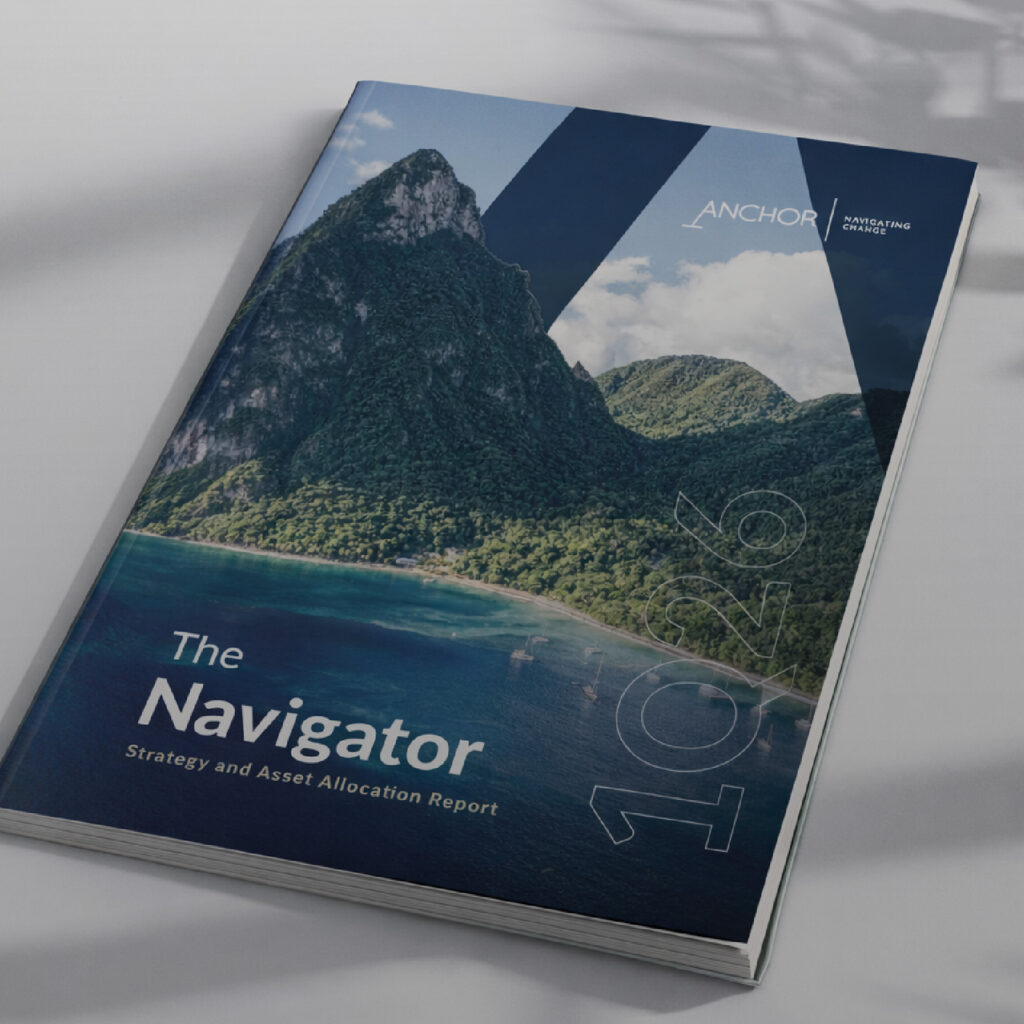A mix of fears around trade wars, slowing growth, higher interest rates, tension with Saudi Arabia (following the murder of journalist Jamal Khashoggi) and worries that US company earnings may have peaked, rattled bourses around the world in October. The JSE was no exception, ending October red across the board, with the FTSE JSE All Share Index (J203) closing 6.0% lower MoM (down 12.0% YTD) at 52,388.87 – well below the 60,000-point mark it crossed on 28 August. Disappointing MoM performances from heavyweight constituents including Naspers (-15.0% as it tracked Tencent [a 31.2% stake] lower), BHP Billiton (-4.1%), British American Tobacco (-3.6%), Richemont (-7.0%) and Glencore (-1.7% MoM) conspired to pull the JSE lower.
Although resources counters featured prominently among October’s best-performing shares, as we saw a rise in the gold price (+2.0% MoM) buoying gold mining shares, some large mining majors (Anglo American, BHP Billiton, Glencore) weighed on the resources sector resulting in the Resi-20 decreasing by 4.2% MoM (+14% YTD). Once again, industrial shares were the worst hit with the Indi-25 dropping 8.6% (-20.6% YTD), dragged down by the fall in the Naspers and Richemont’s share prices. Financials declined by 4.5% MoM (-11.5% YTD) as heavyweights such as FirstRand (-5.2%), Sanlam (-6.1%) and Standard Bank Group (-6.7%) also posted steep MoM declines.
On the macro front, SA September headline consumer price inflation (CPI) was flat at 4.9% YoY, while MoM, inflation accelerated to 0.5% after contracting by 0.1% in August. Core inflation, excluding the volatile food, beverages, energy etc. categories, was unchanged from August’s 4.2% YoY. MoM, core CPI came in at 0.5% in September vs August’s 0.0% print. The rand (-4.6% MoM) was under pressure during the month as the medium-term budget policy statement (MTBPS) and the Moody’s reaction to it weighed on the local currency. YTD, the rand is down c. 16% vs the greenback.
Turning to politics, Nhlanhla Nene exited his position as finance minister after he revealed he had visited the controversial Gupta family at their home several times between 2010 and 2014. President Cyril Ramaphosa announced Tito Mboweni as the new finance minister, with Mboweni having the unenviable task of presenting his maiden MTBPS soon after being appointed to the position. The MTBPS revealed a weaker local fiscal outlook and painted a sombre picture of SA’s finances. Moody’s, the only one of the three major ratings agencies that still assesses SA at investment grade, described the MTBPS as credit-negative. Another month, another corruption scandal with an investigation into VBS Mutual Bank’s failure finding that R1.9bn was looted from the bank prior to its collapse with some prominent politicians named in investigator Terry Motau’s report. However, there was also good news when, at the end of an investment conference held in Sandton on 25-27 October, Ramaphosa announced a combined amount of R290bn in investments for the local economy.
Transaction Capital
Increased volatility in markets during October allowed us to add to our holding in niche financial services business, Transaction Capital. After numerous engagements with the various members of its executive management, we have built up a higher conviction view in the earnings visibility over the next 3 years and we believe that the quality of the franchises and the earnings growth prospects are currently being mispriced by the market.
As a reminder, Transaction Capital is a holding company for southern Africa’s largest taxi financing firm (SA Taxi) and a risk services business that assists large, blue-chip corporates in South Africa with debtors collection as well as the on balance sheet purchase of underperforming debtors books. In the current constrained consumer environment, we expect robust growth from the risk services division as it is uniquely placed to take advantage of an attractively priced debtors book.
We expect SA Taxi to continue generating industry leading returns on equity (>25%) as the vertically integrated business model begins to bear fruit. At a Group level, we expect high-teen earnings growth over the next three years and return on equity to trend towards 20% – up from the current 17%. With the share currently trading on 13x our expectation of forward earnings, we conclude that now is the opportune time to increase our weight in the portfolio.
Written by:
Liam Hechter
Fund Management
Anheuser-Busch InBev SA/NV
Following the acquisition of SAB Miller in 2016, Anheuser-Busch InBev SA/NV (ABInBev) incurred a significant amount of hard-currency denominated debt to fund the transaction. This resulted in a material mismatch of profits (60% emerging market [EM] currency) and borrowings (>90% hard currency), which has placed significant pressure on the group’s cash flows after 2018’s EM currency crisis. We elected to trim client positions in the counter on the back of concerns that management may cut the group’s dividend, which eventually did play out as the group announced a 50% YoY dividend reduction in its 3Q18 results presentation. This, combined with a weak operational performance, saw the share trade down by 10% on the day. Following the derating post-results to a discount of 8% relative to European staples, we now believe the share offers a reasonably attractive prospective return from here.
Written by:
Henry Biddlecombe
Investment Analyst




